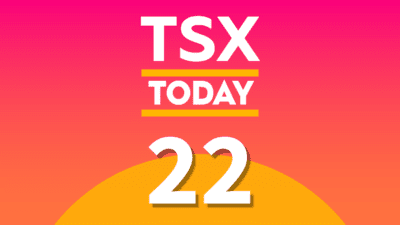Late last year, I’d covered Canada housing and explained why the action, or inaction, of the Bank of Canada and new OSFI mortgage rules could determine the fate of housing in 2018.
Real estate industry experts have warned that the new stress test for uninsured buyers could noticeably slow the market to begin the year. Rising interest rates are also expected to weigh on consumers, but the Bank of Canada may not move on its next rate hike until the fate of NAFTA becomes clearer.
The pessimism of large swaths of experts and analysts did not seem to deter alternative lenders’ stocks in the final weeks of 2017. I’d discussed the impressive momentum displayed by lenders to close 2017 in a recent article. Will this optimism be short-lived?
Home Capital Group Inc. (TSX:HCG) stock dropped 4.33% on January 2. Shares declined 43% in 2017 — a year that saw the company veer close to collapse in the spring. In the third quarter, Home Capital returned to profitability with a net income of $30 million in comparison to $66.2 million in the prior year. It posted total mortgage originations of $385 million compared to $2.54 billion in Q3 2016.
In December, asset manager West Face Capital Inc. filed a lawsuit against Home Capital seeking $70 million in damages. The firm claims that Home Capital distorted its public disclosure statements. Home Capital faces a tough climb, which is illustrated by over $2 billion drop in mortgage originations year over year in the third quarter. Leadership has overseen a dramatic restructuring, and investor patience may run out quickly in 2018.
Equitable Group Inc. (TSX:EQB) was up 0.42% on January 2. The stock increased 18% in 2017, even after suffering a more than 50% drop in April with blow-back from the crisis at Home Capital sweeping across the lending industry. Net income rose 7% in the third quarter, and the deposit principal was up 14% to $10.5 billion year over year. The stock also offers a 1.4% dividend yield.
Genworth MI Canada Inc. (TSX:MIC) was mostly flat on January 2. Shares for the largest residential insurer in Canada climbed 29% in 2017. In the third quarter of 2017, Genworth saw net income jump 42% to $140 million year over year. Premiums earned were up 5% to $170 million, and transactional premiums written fell 3%.
The company announced a quarterly dividend of $0.47 per share, representing a 4.3% dividend yield. Genworth should not feel the negative impact of the new mortgage rules, as it will only affect uninsured borrowers. Insured lenders have already been subject to the stress test since the autumn of 2016.
Should investors stay on the sidelines when it comes to housing?
The first two months of 2018 may be slow for Canada housing, but industry experts expect conditions to normalize as we head into the spring. The Bank of Canada will likely remain cautious moving forward with record Canadian consumer debt and NAFTA hanging over the heads of policy makers.
Genworth is the safest play with its wide moat and high dividend yield. Of the alternative lenders, Equitable Group has continued to show strength in recent earnings, while Home Capital still has a very steep hill to climb.







